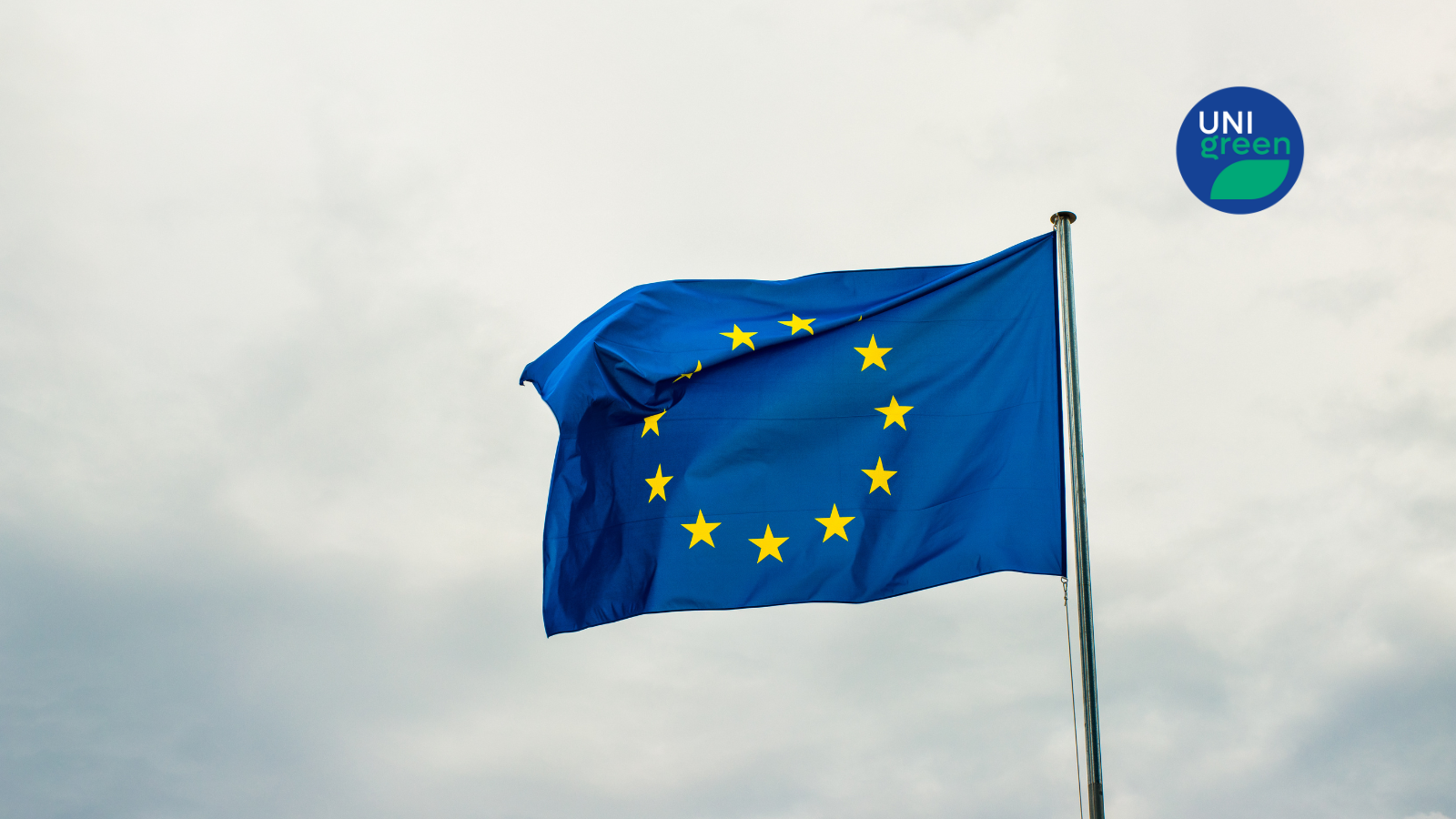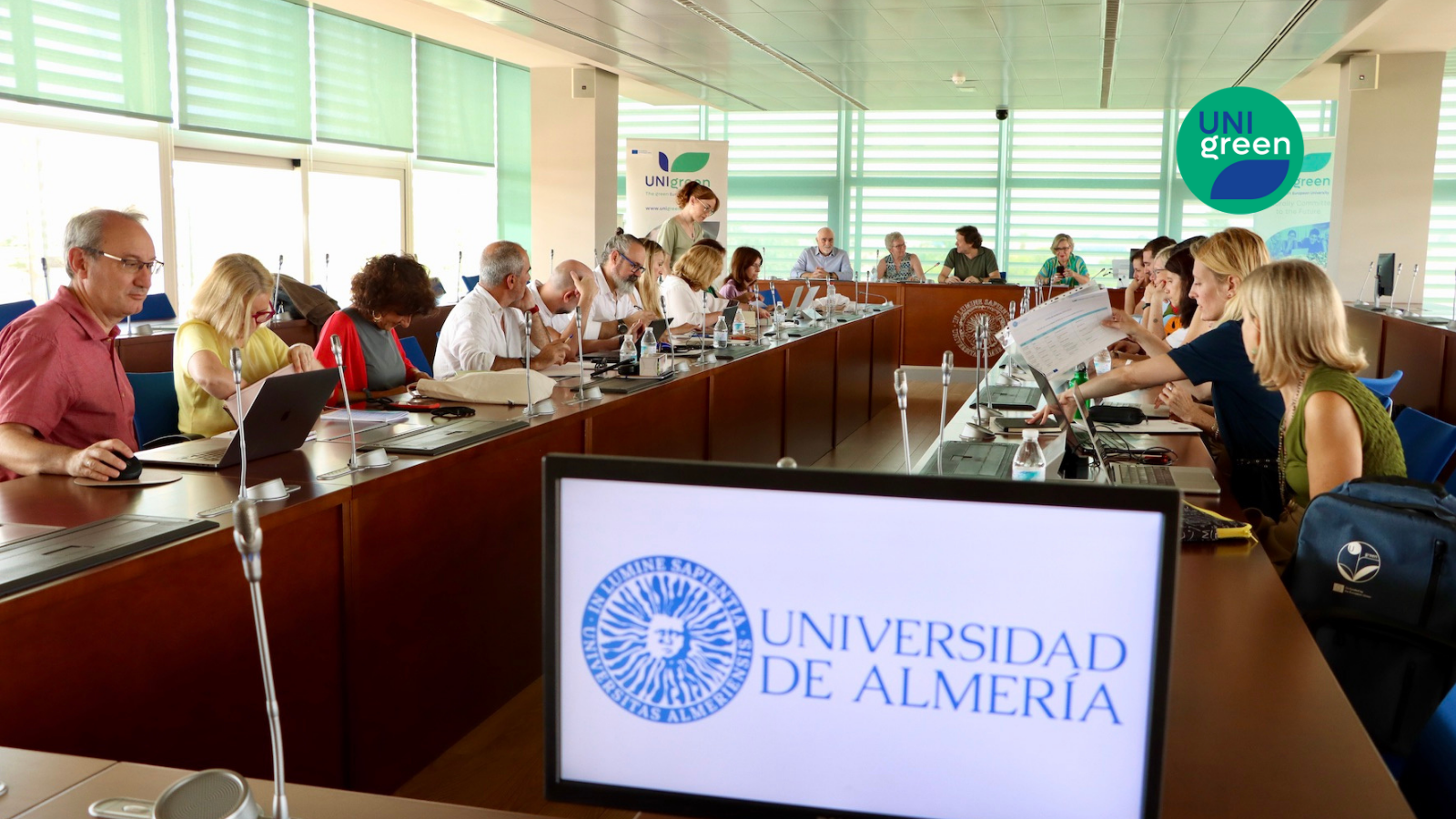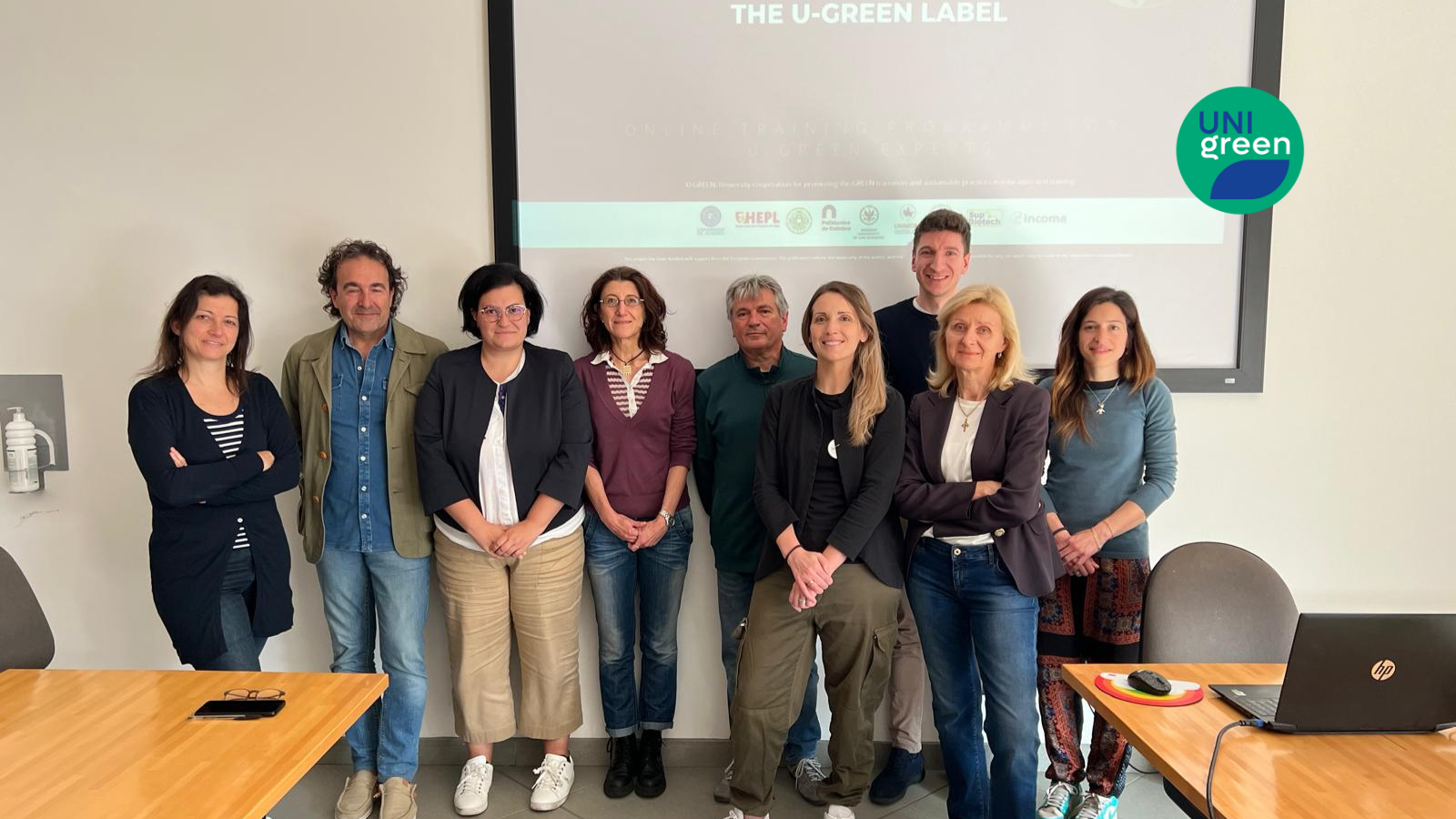Opinion Article by Prof Dr Tomás Lorenzana
After long time discussing about the creation of a European degree, past 27th March the European Commission published the so called “2024 European Degree Package”, that contains the communication on a Blueprint for a European Degree as well as two proposals for two Council recommendations, regarding, on the one hand, quality assurance and recognition system, and, on the other, attractive and sustainable careers in Higher Education.
The three initiatives unveiled by the European Commission, and the Blueprint for a European Degree in particular, emerge as an answer to the existing legal and administrative barriers that prevent European University Alliances from issuing joint degrees, to facilitate the creation of a European degree: a new type of joint programme that a group of Higher Education Institutions may award on a voluntary basis and that is underpinned by common criteria defined at European level.
This marks a significant milestone for both the European Education Area and the European Higher Education Area, as well as for European University Alliances, which are pioneering new directions and leading the transformation of Higher Education across Europe.
European degrees will gain automatic recognition across EU countries, offering added value to students by facilitating increased opportunities for transnational study with automatic credit recognition. Ultimately, students will obtain a universally recognised diploma, enhancing their academic and professional mobility.
For the UNIgreen Alliance, this is a pivotal instrument that encourages us to push the boundaries of collaboration and work towards a deeper integration of partners, while also creating more cohesive, relevant and innovative study programmes that enrich international, multicultural and inclusive learning experiences.
Furthermore, it is a great opportunity to renew interest in, particularly, our areas of expertise, notably Sustainable Agriculture, Green Biotechnology, and Environmental and Life Sciences. These areas are crucial economic contributors and essential for achieving a resource-efficient, circular, digitised, and climate-neutral economy. The European Commission indeed recognises Biotechnology as one of the most promising technological areas of this century.
As we welcome these recent developments, we also call on the European Commission to consider the need to redesign EU funding programmes (and Erasmus+ in particular) to give a differentiated answer to the specific needs of European University Alliances.
Moreover, it is also important to acknowledge that this is only the beginning: the three initiatives mentioned above are the seeds that we hope to see grow and blossom soon. They challenge us to continue rethinking the paradigms of Higher Education, to further innovate in order to make Higher Education more accessible, universal, inclusive and impactful, and to inspire and empower our students to lead the Green Transition in Europe and globally.
Tomás Lorenzana
UNIgreen General Coordinator
University of Almería




